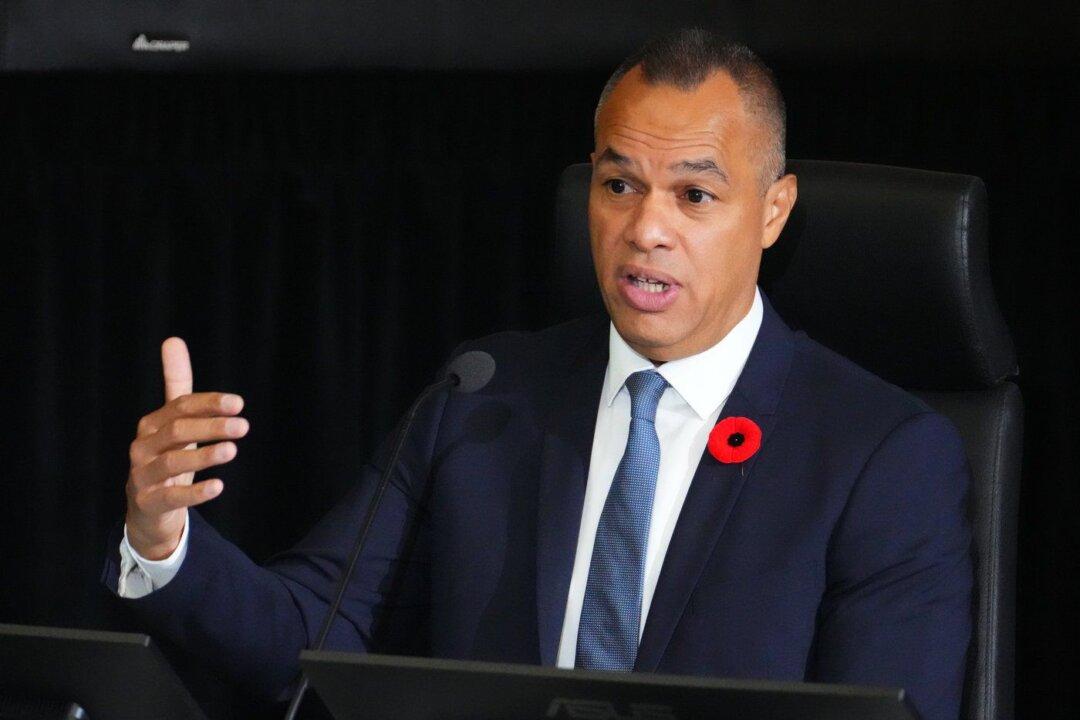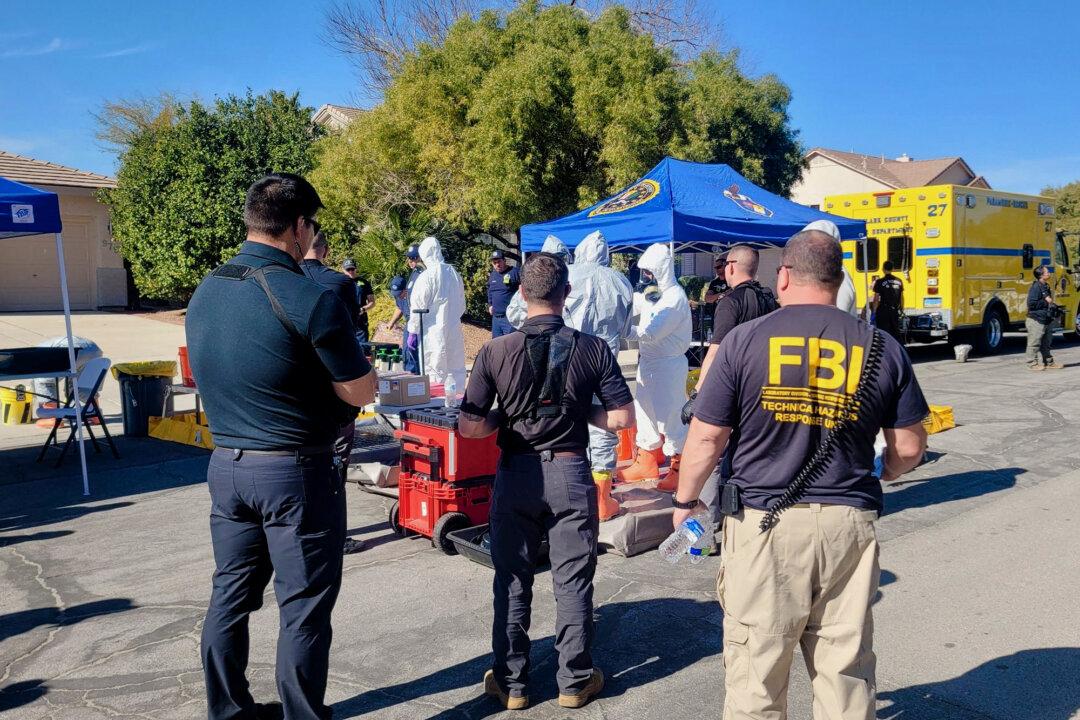Former Ottawa Police Service chief Peter Sloly told the Emergencies Act inquiry that as the convoy protest started to take shape in Ottawa earlier this year, he didn’t feel another police force was needed to control the demonstration.
Sloly resigned on Feb. 15, a day after Prime Minister Justin Trudeau invoked the Emergencies Act to clear convoy protests, amid criticism of how he handled the response to the protest.





